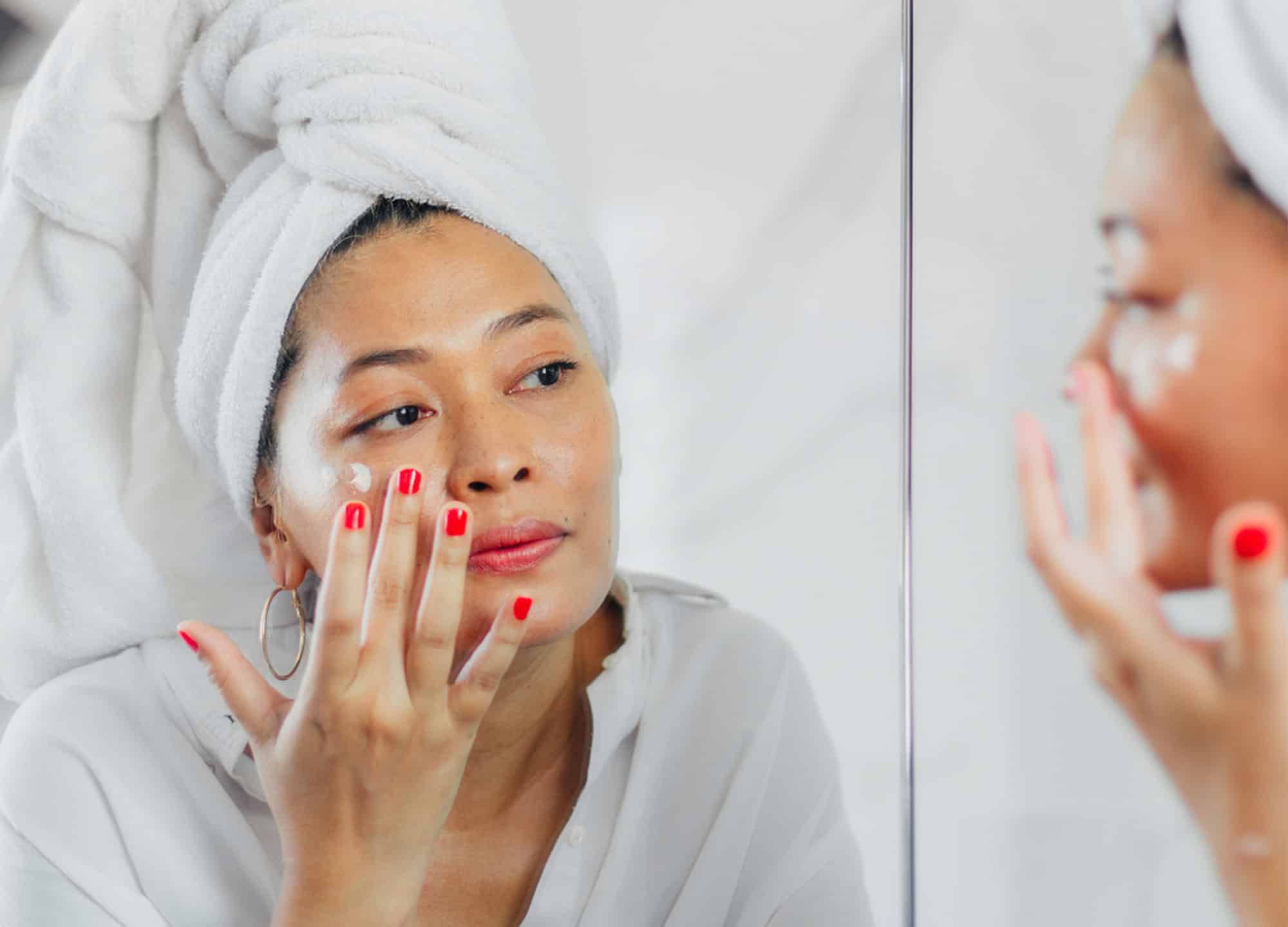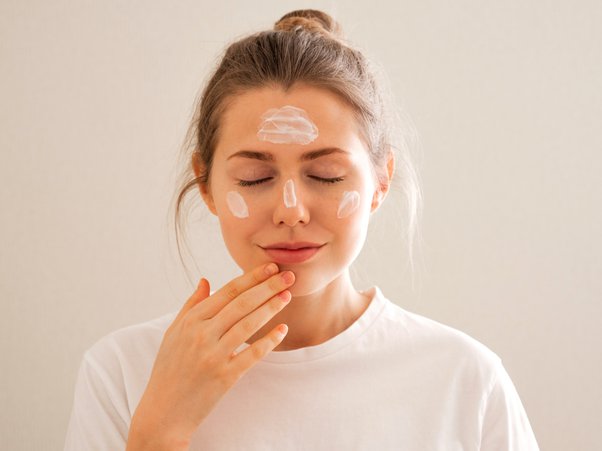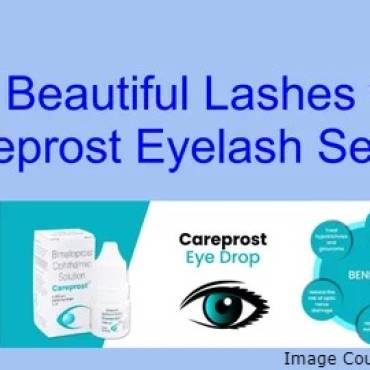Retin A containing Tretinoin is often touted as a miracle skincare ingredient. But alongside the good stories always have plenty of bad ones. Therefore, there’s a lot of ambiguity when buying a tretinoin formulation; which version is effective? How to use Retin A cream? What is a retinoid cream? How to use Retin A cream for wrinkles? How long does it take for Retin A to work? Can you mix it with a moisturizer and many more like this?

Top FAQs related to Retin A Cream Usage
Do you consider Retin A (Tretinoin) as an acne and antiaging treatment? Retin A has been arguably one of the market’s most widely used and effective topical skin medications. Despite this, it is important to be aware of the medicine completely so that you can make a sensible decision.
So, what to know when using Retin A? This page will help you access the most common Retin A frequently asked questions. Find all the answers below:
What is Retin A Cream Used For?
Ans – Retin A has multiple uses. It contains the active ingredient Tretinoin, a valuable medication for treating mild, moderate, and severe acne that can be used topically. Tretinoin is a vitamin A derivate in the retinoid class of medications. It also helps reduces fine lines, facial wrinkles, skin roughness, and hyperpigmentation in patients who use comprehensive skin care and sunlight avoidance programs.
How does Retin A Work?
Ans – Retin A helps speed up cellular turnover to keep skin pores unclogged, thus reducing acne and dark spots. It also improves fine lines, texture, and brightness of the skin. Tretinoin in the topical medication increases collagen production in the dermis to offer anti-aging benefits. Collagen is a substance required to improve skin’s hydration ad elasticity.
How Long Does it Take for Retin-A to Absorb into The Skin?
Ans – Our skin usually absorbs 60 to 70% of everything we put on our skin. For complete absorption, apply Retin A on clean and dry skin. Rub it gently until you find any residue on the skin. Moreover, it takes up to twelve weeks to reduce levels of facial acne. Daily use of Retin A can make wrinkles and other signs of aging less obvious.
What is A Retinoid Cream?
Ans – Retinoids are a group of compounds that derive from vitamin A. Retinoids cream offer several possible benefits, such as unclogging pores, reducing inflammation, decreasing the appearance of wrinkles, and regulating the growth of cells on the skin’s surface. Amongst the retinoids, tretinoin cream is possibly the most potent and widely investigated retinoid formulation for photoaging therapy.
Who Should Not Use Retin A?
Ans – You should not use Retin A if allergic to Tretinoin. Do not give this topical medication to your child without medical advice. You can’t apply it on wounds and sunburned skin. Moreover, Retin A comes with a patient information leaflet. Read and follow these instructions carefully. Talk to your doctor if you have any questions.
How Should You Layer Retin A Cream/Gel On The Skin?
Ans- Layering products correctly is one of the most important things if you want your product to work. Wash your face first, pat dry, and apply Retin A just enough to cover the affected area. Gently rub the solution into the affected skin. Wash the medicine off your hands. Wait for 15 to 20 minutes, and then you can apply your favorite moisturizer.
How Often Do You Need to Use Retin A to See Results?
Ans – Within two or three weeks of using Retin A, you may be able to see improvement in your skin. However, sometimes, it may take up to six weeks or more. According to dermatologists, one needs to use Retin A for a few weeks before seeing results, but they should see improvements by twelve weeks with most products.
How to Use Retin A For Wrinkles?
Ans – Squeeze a pea size amount of Retin A onto your finger and gently apply the medication all over the affected area. You should take a retinol formulation once a day at bedtime. It takes up to three to six months of regular use before improvement in fine lines is visible, and the best results take six to twelve months.
Can You Mix Retin A with Lotion When Applying?
Ans – To get the best effects, dermatologists recommend not diluting your retinoid formulation by mixing it with lotion. If you need to overcome the dryness issue, you may be asked to apply layers of moisturizer instead. It is not wrong to combine with moisturizer; just less effective.



